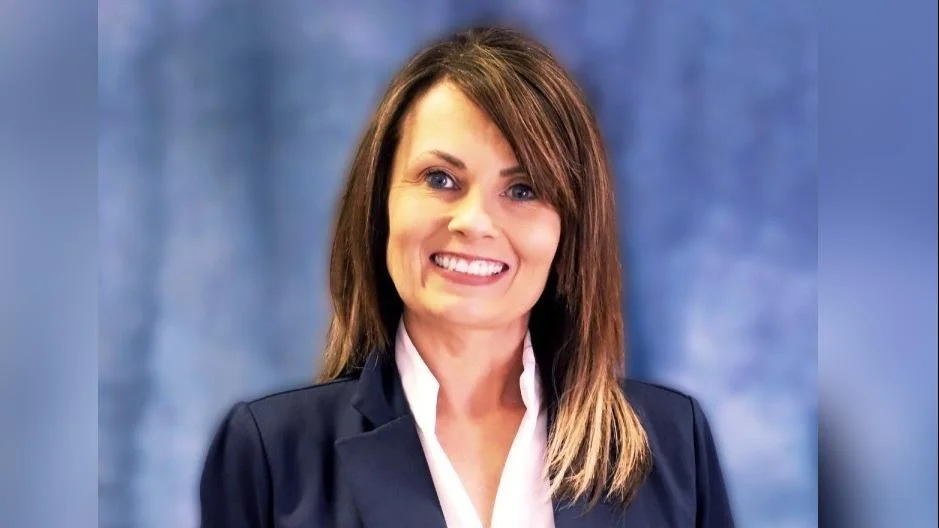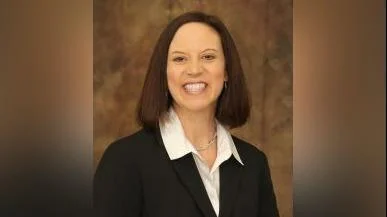Natalie Shook, Executive Director at United Way of South Central Illinois | https://media.licdn.com/
Natalie Shook, Executive Director at United Way of South Central Illinois | https://media.licdn.com/
This appropriation represents state-level funding authorized by lawmakers, reflecting what was approved in the budget, not necessarily disbursed. The funds cover only State of Illinois support and exclude federal, local, or other public sources.
Founded in 1984, United Way of South Central Illinois states that its mission is: “Our focus on increasing access to healthcare, education and financial aid, and emergency assistance programs help individuals and families overcome obstacles and achieve long-term success.”
You can learn more about the organization at its website.
In its most recent IRS Form 990 filing filing for tax year 2024, the organization reported $253,368 in total revenue. Of that, $83,407 came from government grants including federal, state, or local sources, making up 32.9% of total revenue.
The nonprofit listed $218,777 in contributions overall. It also reported $4,809 in non-cash contributions, such as donated goods or services, and $135,370 categorized under other contributions, which may include restricted donations, pledges, or bequests.
At the beginning of 2024, United Way of South Central Illinois had $754,479 in assets. By the end of 2024, that figure had changed to $600,903, indicating a 20.4% decline in overall holdings.
However, a Chicago City Wire analysis found that IRS filings frequently contain discrepancies when compared with publicly disclosed government grant reports and budgets.
United Way of South Central Illinois is one of hundreds of nonprofits across Illinois that receive substantial support from state taxpayers while also fundraising privately.
In 2025, Illinois lawmakers introduced House Bill 1266, also known as the Department of Government Efficiency (DOGE) Act. The proposal would create a new oversight body within the Office of the Auditor General tasked with identifying cost-saving measures, reviewing agency performance, and advising on audit priorities. If passed, DOGE could bring additional scrutiny and performance evaluation to taxpayer-funded organizations.
According to ProPublica, Illinois has more than 78,000 active tax-exempt organizations, including nearly 60,000 classified as charitable nonprofits. In their most recent IRS filings, these groups reported a combined revenue exceeding $156 billion.
| Term | Name | Title |
|---|---|---|
| 2024-2024 | Andrew David Thomson | Director |
| 2024-2024 | Angela Schrum | Director |
| 2024-2024 | Ashley L Hoffman | Director |
| 2024-2024 | Brenda D Torrez | Director |
| 2024-2024 | Carol Burk | Director |
| 2024-2024 | Christopher Michael Kujawa | Director |
| 2024-2024 | Debbie Arning | Director |
| 2024-2024 | Jamie R Storey | Director |
| 2024-2024 | Justin Lewis | Treasurer |
| 2024-2024 | Natalie Ann Wellen | Executive Dir. |
| 2024-2024 | Patrick William Keyser | Vice President |
| 2024-2024 | Robert Schnicker | Director |
| 2024-2024 | Shelly Keeneth | President |
| 2024-2024 | V Carlene Brown | Director |
| 2024-2024 | Wesley Dale Schumm | Director |



 Alerts Sign-up
Alerts Sign-up